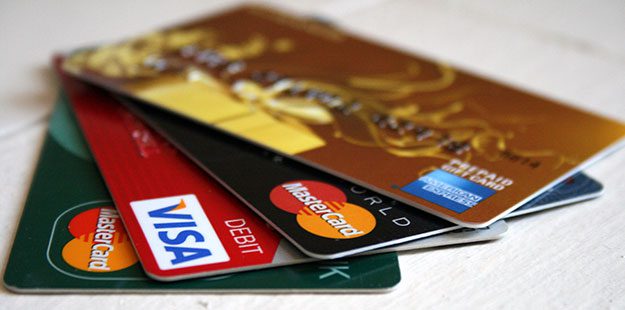Planning for an international holiday in 2024? With borders reopening and travel restrictions easing across the globe, it’s time to dust off that passport and start booking your next overseas vacation!
But when it comes to money matters during foreign trips, things can get confusing. Should you carry cash, use your domestic debit card, or get a special Forex travel card? Each option has its pros and cons.
This article delivers essential information to help you get ready for your 2024 international trip. We will cover how to apply for passport online for faster processing. We then provide a complete guide on forex cards, domestic cards, and cash – explaining how they work.
Table of Contents
What is a Forex Card?
A forex card, or a travel card, is a special prepaid travel card that allows you to store money in foreign currencies. It works similarly to debit cards attached to a bank account – but with a forex card account held in foreign currency instead of Indian Rupees.
Forex cards are preloaded with the foreign currency of your choice, which can then be used to make payments and withdrawals while overseas. They function on the VISA/Mastercard global payment network, allowing worldwide usage, including ATM withdrawals.
How does a Forex Card Work?
Getting and using a Forex card involves the following simple steps:
● Get a Forex Travel Card from your bank by submitting basic KYC documents and paying Indian Rupees to ‘load’ the card with equivalent foreign currency.
● Before your trip, activate the card using online banking or visiting your nearest branch. This verifies card delivery.
● Your Forex card is now ready to use overseas by swiping it at merchant outlets, withdrawing cash from ATMs, making online payments, etc. It deducts money directly from the loaded currency.
● Track expenses on your Forex card using SMS/email alerts and online statements showing transaction history in foreign currency.
● Reload additional foreign currency to your travel card abroad by contacting the bank’s customer service.
● Upon returning to India, get unused foreign currency refunded in rupees by submitting the card and ID proof at the issuing bank.
How to Apply for a Passport Online
● Register at the Passport Seva portal.
● Login and fill out the Indian passport application form online.
● Pay fees through credit/debit card, net banking, or challan.
● Book an appointment slot at the nearest PSK/POPSK.
● Print the application receipt and attend the appointment with the original documents.
The documents required for Indian passport when applying for an Indian passport are proof of identity (PAN Card, Voter ID, Aadhaar Card, etc.), proof of age (birth certificate, mark sheets, etc.), and address proofs (Aadhaar, license, bills, etc.) Have these ready before starting your online application.
What is an International Debit/Credit Card?
International debit/credit cards are extended versions of your domestic cards – empowered with dual currency accounts to enable overseas payments. When abroad, any transaction on these special cards gets directly billed in foreign currency. Upon your return, the aggregated overseas spending is then recovered by your bank in Indian Rupees plus applicable forex charges.
Why is Forex Card a better travel option than Cash and Debit Cards?
We’ve seen what forex cards are, who should use them, and their key benefits over international debit/credit cards. Now let’s examine why forex cards score over cash and domestic debit cards for stress-free overseas holidays:
Better Value than Cash
Carrying excess foreign currency cash is always risky due to misplacement or theft. Further, leftover foreign currency notes must be exchanged back to Indian rupees after returning at poor conversion rates.
Forex cards offer exact currency loading, avoiding these issues to provide better value. You get leftover balances refunded electronically at competitive rates.
Emergency Funds Access
While travelling remotely, falling sick or getting stranded are real possibilities. Without emergency cash access, your whole trip can get jeopardised.
Forex cards are accepted worldwide on the VISA/Mastercard network – enabling guaranteed ATM withdrawals in 120+ countries in emergencies.
Extra Savings from Discounts
A lesser-known advantage of Forex cards is that they allow you to avail of discounts/rebates abroad by simply swiping your card.
Secure against Fraud & Thefts
Your domestic debit/credit card or cloned copies can be easily misused for fraudulent transactions abroad without alerts due to a lack of coordination between local and overseas banks.
Conclusion
With borders fully open, new destinations will beckon – but don’t let money inconveniences dampen your global trip experience. Carry a multi-currency forex card loaded with emergency medical cover to remain stress-free.

